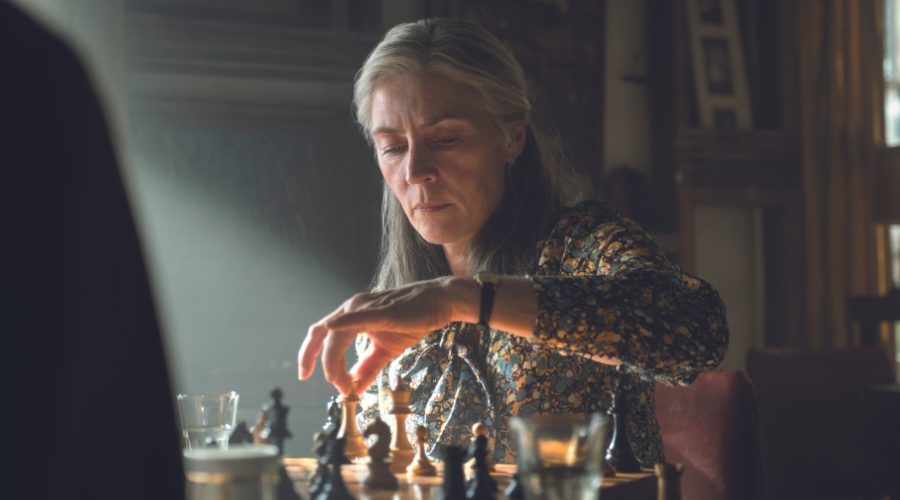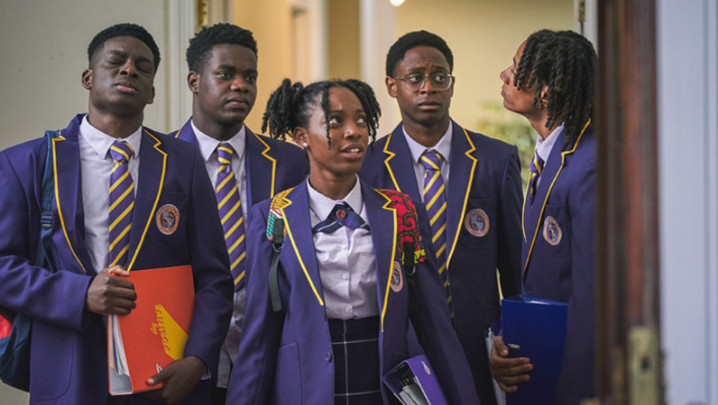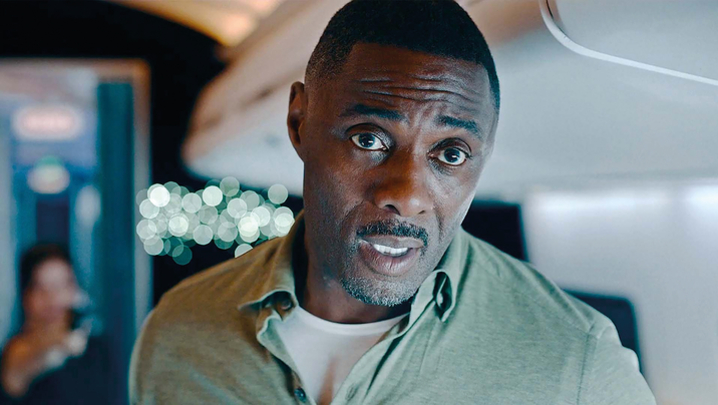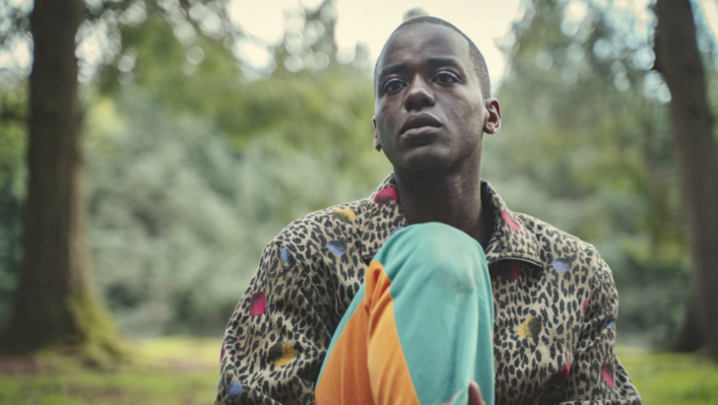Rising production values across TV drama have been matched by more imaginative soundscapes.
Listen with even half an ear and it’s obvious that TV music soundtracks have upped their game in recent times. This year alone, Hans Zimmer’s score for The Tattooist of Auschwitz and Federico Jusid’s work on A Gentleman in Moscow jostle other worthy contenders to show how music can significantly elevate a series.
A lot of thought is being given to music in our favourite shows. The approach ranges from well-picked playlists of existing songs that hit the right tone (for, say, I May Destroy You and Sex Education), to crafting bold and innovative soundtracks that reflect the USP of a series such as Bridgerton, the Netflix drama that reworks contemporary songs as classical pieces.
This era of soundtrack-making arguably began in 2013 with Cristobal Tapia de Veer’s work for Channel 4’s cult thriller Utopia.
With an experimental soundscape and unconventional instruments made with human bones and rhino turd – yes, rhino turd – it won that year’s RTS Craft & Design Award for Original Score and raised the bar for the industry.
“It was a game-changer,” says composer Daniel Pemberton, who co-wrote the RTS award-nominated Slow Horses theme, ‘Strange Game’, with Mick Jagger.
Simon Russell, the award-winning composer for documentaries Once Upon a Time in Northern Ireland and Once Upon a Time in Iraq, says that, in recent years, “Music in TV has changed to be more about tone and mood, and less about melodies”.
In addition to underpinning an atmosphere, music can create a unique identity, cue up critical moments or even provide a counterpoint to on-screen action. Certainly, the adage that “a good TV soundtrack is one you don’t notice” no longer applies.
Lindsay Wright, who composed the RTS-nominated Black Ops soundtrack with frequent collaborator and alternative-soul singer Tawiah, explains: “It can go either way: you don’t notice it because it’s part of the fabric of the show, or you notice it because it’s so awesome, different and unique.”
The decision on who commissions or chooses a TV soundtrack is ultimately that of the director or showrunner. However, a music supervisor is often brought in for their expertise and to pull together all the music a programme requires.
Music supervisor Sarah Bridge, who has worked on Landscapers, The Crown and Nat Geo documentary Queens, moved across from advertising 11 years ago, when music supervisors were generally found only on feature films. “A rise in production values in television has meant we’ve become much more widely used,” she says. “And a boom in soundtracks has followed.”
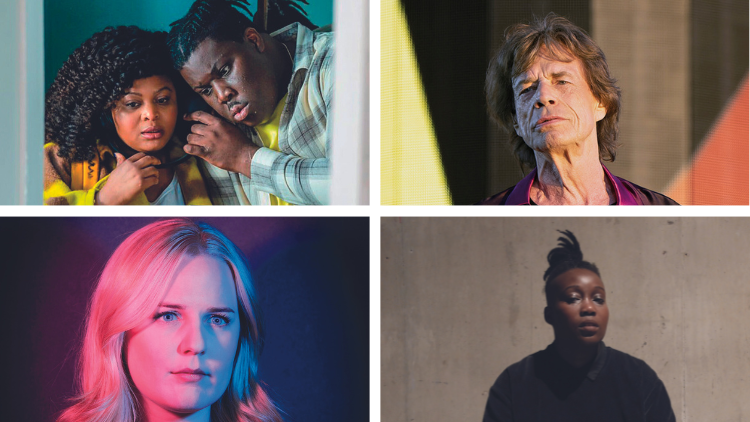
Wright (credits, in the same order: BBC, Creative Commons by Raph PH, Studio Myth, Lindsay Wright)
Her role involves everything from sourcing a composer to finding and clearing existing songs to organising on-screen musical performances.
“It’s a really exciting time to be in the field of music supervision,” she says. “There’s a call for a greater diversity of composers. Lots of new composers are breaking through.
“At the same time, established artists such as Labrinth (who scored HBO series Euphoria) and PJ Harvey (who created original songs for The Virtues and did the Bad Sisters soundtrack with Tim Phillips) – the type of artists who are protective of their music – are now moving to TV.”
Jagger is another example. ‘Strange Game’ began when Pemberton discussed possible collaborators for the theme tune with Slow Horses’ director James Hawes. “James put Mick Jagger at No 1. I wasn’t sure it would be worth even trying,” he recalls.
But the project caught Jagger’s attention thanks to a few connections and Pemberton’s Oscar-nominated single with Celeste, ‘Hear My Voice’, from the film The Trial of the Chicago 7.
“He could have just sent me anything and I would have been happy, but he really worked with me to make it as good as it could be,” says Pemberton. “We did it in a couple of months over the winter, when he was holidaying at his villa in Mustique. I remember that his studio there wasn’t working, so he went to a back-up studio on a neighbouring island to send me more vocals. He really cared about the artistry of making a great track.”
Cynics might wonder whether using popular artists or songs is simply smart marketing for the show and the artist. A case in point: Kate Bush’s ‘Running Up That Hill’ topped the UK singles chart 37 years after its release when it was featured on Stranger Things.
“Every time I write an original song, I connect it to the score, so it feels in sync,” says Pemberton. “In Slow Horses, you catch elements of ‘Strange Game’ within the soundtrack, whether that’s just the riff or a little sound. That way, it feels like one piece, rather than something bolted on at the last minute.”
As well as joining the musical pieces to create a singular identity (for which, listen to Nicholas Britell’s evocative work on Succession), there is widespread agreement that the hallmark of a successful score is that the music steps in only at key points.
Speak to veteran composer and broadcaster Neil Brand, and he insists that “music should be used in a discrete, clever way where it has a job to do in that moment, such as underscore a change.
“When I watch TV dramas, I wonder why so much pressure has been put on the music to maintain the sense of tension when it’s already all there. For example, in Line of Duty, you knew exactly where you were, you knew exactly what the mood was going to be. The scripts were fantastic, the performances were fantastic. And yet, still, there was almost wall-to-wall music in that series, which you didn’t need.”
That said, often music does earn its place. In the documentary Mariupol: The People’s Story (winner of an International Emmy for its music), Russell filled it with compositions. “The documentary was a hard watch, so I think it needed the music to level it out,” he says.
How will this purple patch of music in TV develop in the years ahead? There are concerns that AI will eventually take over and Wright worries that “a lot of the ways in which people make a living from this job might not exist in 10 years or so”.
The good news, she suggests, is that, as tech becomes better and cheaper: “There are going to be so many more people who have unique ideas and different ways of making music, so there will be more soundtracks that aren’t just symphony orchestras.”
But, as purse strings tighten, the main concern is whether the right conditions will persist to execute top-tier soundtracks. For composers, the intensity at which television works means there’s constant chopping and changing. Brand says: “Today’s deadlines mean a composer can be sent a cut on one day, they work on it the following morning, then they’re sent another cut at lunchtime, which their music no longer fits. I know composers who have had to rework 90% of the material they’ve supplied within three or four weeks of doing so.”
Financial concerns mean there can be pressure for composers and music supervisors to deliver ambitious Ennio Morricone-style soundtracks for music library budgets.
Brand says: “I really hope that every now and then in the future, I will see something on TV that is spectacular in every possible way, where as much craftsmanship has gone into the score as has gone into the direction, the design, the performances and the script.”
That would be music to our ears, too.

